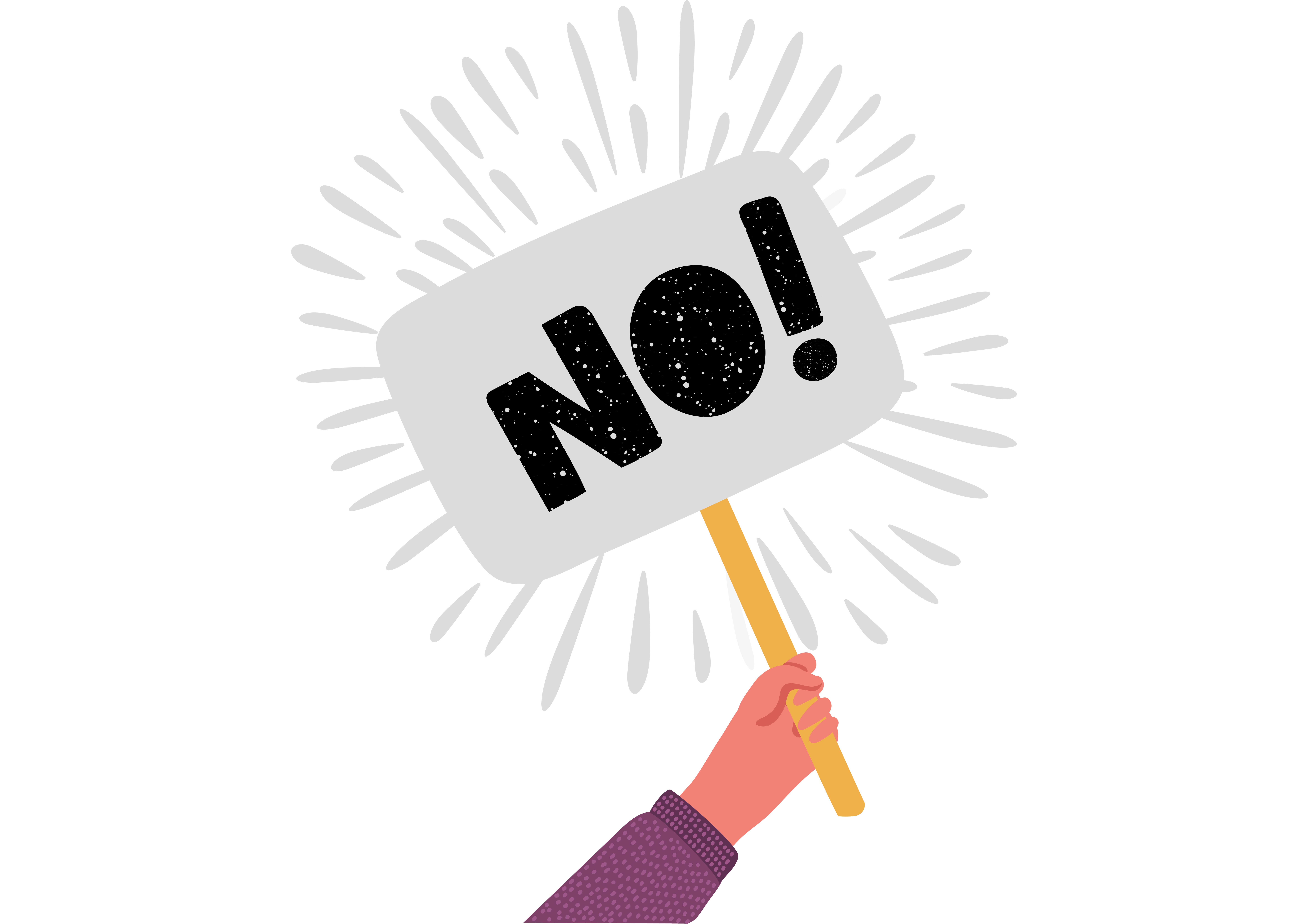 Saying no can be quite empowering and can stop you from crashing, says Catherine Rutland.
Saying no can be quite empowering and can stop you from crashing, says Catherine Rutland.
I was advised recently by a good friend to buy a book on ‘essentialism’.
After reading the first 15 pages, I sent my friend a message asking how they could feel I needed to read anything on the topic.
If you are anything like me, you spend your life, both working and home, running from one thing to another.
You don’t say no to anyone and don’t have time to actually decide what you should be doing and prioritise.
Although my reading was around how I sort myself out, it did lead me to think that if everyone we work with is doing the same thing, where will that lead us?
Taking time to choose what is important in our lives, and what requires our full attention and time, is critical; and accepting that doing less is not a bad thing.
In fact, very often it is a very good thing.
If we burnout or are running near empty what use are we to anyone?
Trying to be good
Sadly, in my role I see many dentists who think the right thing is to keep juggling and keep going.
You can almost watch the downwards spiral from a distance when this occurs.
The reasons to continue apace are always the same and, although often laudable, the big problem is you are no use to anyone once you crash.
And crashing with immediate effect is a lot worse than a planned crash, asking for support or accepting offers of help.
Crashing means patients being cancelled, staff left feeling vulnerable, and, on the whole, a longer time to recover and sort things out.
Over the past few years, I have desperately been trying to be good and say no.
The result is actually quite empowering.
It rarely produces a negative response and has started to give me time to actually plan and perform better; for those I work with and work for.
I suppose it is a bit like all the focus on decluttering your personal belongings, think of all your activities like personal belongings – sort through them and be brave and take them to the tip.
I always feel amazing when I drive away from the tip.
I need to hold on to that thought when I next struggle to say no.
Read more from Catherine Rutland:


